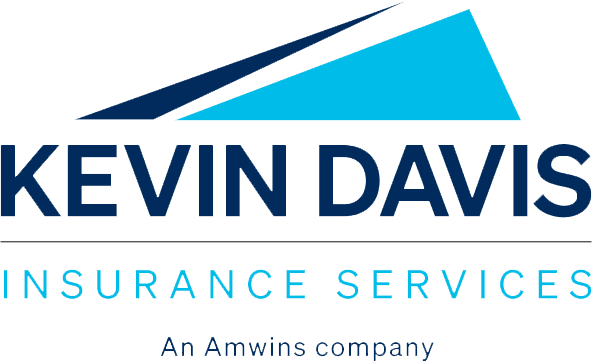
Most people join their neighborhood homeowners association, or HOA, because they want to improve their community. Sadly, the combination of relying upon volunteers, handling a lot of money, and a neighborly and trusting spirit often makes them targets for fraudsters.
Prudent homeowners, condo, and other kinds of neighborhood associations will recognize their vulnerabilities and take steps to protect themselves and the people that they serve. Make sure to pass this information along to your community association clients, and stress the importance of being prepared and having coverage.
How Often Are HOAs Targeted by Dishonest People?
Before any well-intentioned HOA members think that problems could never occur in their community, it might help to look at some statistics from the Association of Certified Fraud Examiners:
- The average embezzler steals about $145,000, but as many as 20 percent of these crimes account for losses of at least $1 million.
- Smaller associations may suffer more often than larger ones, just because they don’t have strong measures in place to prevent financial crimes.
- Very often, fraudsters continue embezzling for about a year and a half before getting discovered, and some of these crimes go on for almost five years.
Sadly, background checks cannot prevent dishonest acts against community associations. Most people who commit these crimes do not have a prior criminal record and in particular, have no prior history of fraud. The board members, community managers, employees, and volunteers who commit these crimes mostly appear to simply take advantage of an opportunity, get away with it, and then continue stealing for months or years.
How to Protect an HOA Against Dishonest Acts
A few proactive steps can help shield communities against dishonest acts:
- Training: Consider holding a mandatory fraud prevention training class to teach stakeholders what to watch for and how to prevent losses. This training also lets HOA members and employees know that the community is aware of these kinds of crimes and will take action to prevent them.
- Establish checks and balances: Different people should make purchases, account for inventory or services, and sign checks. If one board members picks up soda and snacks for machines at the pool, another stakeholder should match the delivery to receipts.
- Use electronic payments: Consider requiring online payments for dues to reduce the number of people who handle money. Also, check into prepaid debit cards that will allow employees or volunteers to spend money but will also track each purchase. Many business debt cards even allow the owners of the account to limit the types of purchases made.
These proactive measures will help prevent most dishonesty against HOAs because potential fraudsters will know that they won’t have an easy opportunity. They may not stop the more sophisticated fraudsters who may represent a small percentage of people in a large community, so it’s still important to invest in insurance protection.
Insurance Programs for HOAs
Crime and fidelity insurance policies will protect an HOA or other community association against dishonest acts by various stakeholders, including contracted service providers, volunteers, and board members. In addition, insurance providers and agents can help associations implement sensible risk management procedures to reduce the chance of dishonest acts and increase the likelihood of early detection.
About Kevin Davis Insurance Services
For over 35 years, Kevin Davis Insurance Services has built an impressive reputation as a strong wholesale broker offering insurance products for the community association industry. Our President Kevin Davis and his team take pride in offering committed services to the community association market and providing them with unparalleled access to high-quality coverage, competitive premiums, superior markets, and detailed customer service. To learn more about the coverage we offer, contact us toll-free at (877) 807-8708 to speak with one of our representatives.


